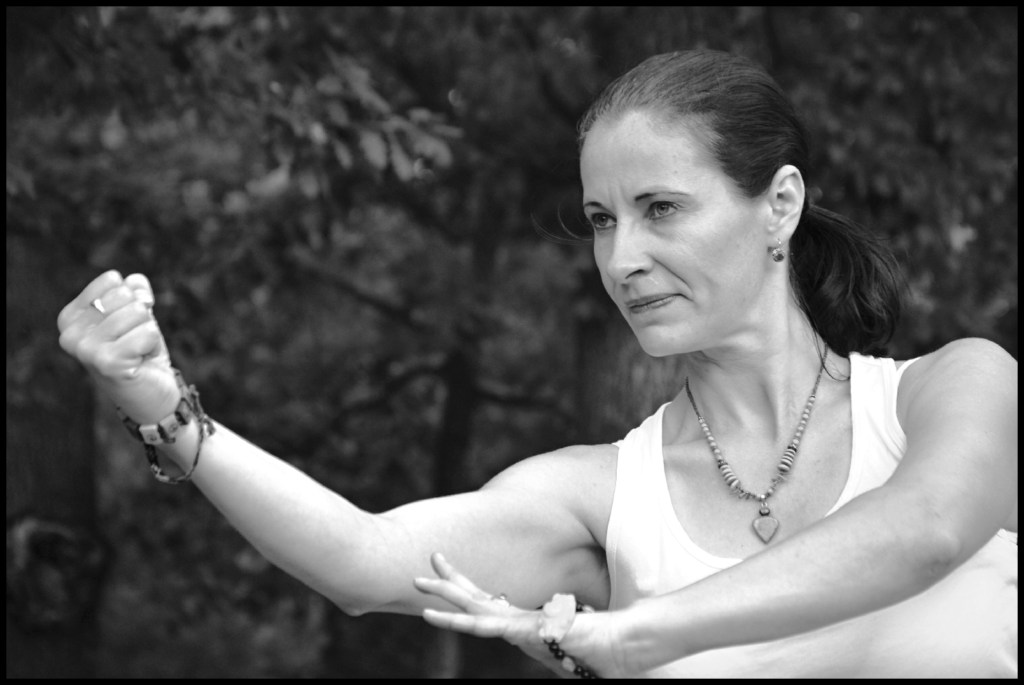What is Qigong?
The Chinese word qi literally means air or breath. In traditional Chinese medicine, the meaning is broadened to refer to a person´s life energy (yuan qi), which includes, but is not limited to, the air one breathes in. Qigong is a series of movement and breathing exercises aimed at stimulating vital energy so as to strengthen immunity to disease, adaptability to the external environment, and the ability to repair internal damage.
The main goal is to let the qi energy flow freely through the body without blockages. A person, who has freely flowing Qi energy through the body will enjoy good health. Regular practice provides also releasing tension and mental harmony, by relaxing the central nervous system. For martial art practitioners, Qigong brings increasing stamina, strength, and stronger focus. All forms of Qigong involve three mutually dependent basic processes: Regulation of posture and movement, regulation of respiration, and regulation of the mind.
How does Qigong cure diseases, stress, or burnout
First: Helps to restore vitality. By inducing a state of tranquility, qigong allows the body to restore vital energy, build up disease resistance and relax impulses to the nervous system, which are often causing f.e. ´burnout´. Physiological experiments show that when a person is in a relaxed state induced by qigong exercise, his/her cerebral cortex is in the inhibited state, which allays the over-excitation of cortical cells that may result in functional disorders.
Secondly: It helps preserve energy
Thirdly: it massages the abdominal cavity and all internal organs. Qigong, particularly the Internal training exercises, produces a massaging effect on the abdominal cavity through the mechanical action of breathing and movement. Since the diaphragm moves up and down over a much larger range than usual.


